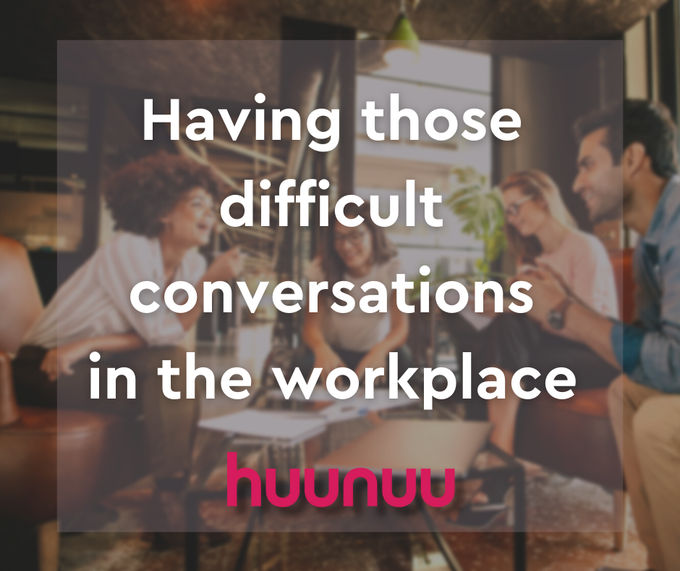We talk about returning to work, but we never left. We merely left our workplace, and not all of us are returning.

We’ve all heard the phrase “return to work” thrown around constantly the last year, as if none of our employees have been working this whole time. Of course, they have; they just haven’t been doing it in a traditional workplace. A pervasive misconception is that because they’re working from the comfort of their own home, they’re not really working, and have everything they need within reach. This is completely wrong. People are just as stressed (link to burnout stats) working from their location as they are yours; and they’re significantly more stressed than ever because of something they can’t escape even in their domain.
Figures can be misleading, and though people love throwing around “death rates” and “infection rates” with a lot of zeros preceding any other number, it ignores the spider’s web of connections intertwining every one of us, magnifying every one of those tiny numbers with every ripple sent out.
Unfortunately, many are deceived by such narrow interpretations, and rest on their laurels, under the impression they’re providing their workers the support they deserve.
(affected people stats)% of us have been negatively affected by someone else’s illness or death, vs a relatively meagre (serious case stats)% outright and obviously debilitated. When faced with such adverse conditions, we normally reach out to those around us, but few of us were expecting to touch a screen instead of a soul. Though we’ve had to adjust the way we interact and share almost everything, we haven’t had to adjust how we talk about death. Why? Because we never did.
Death is considered to be random, without agency, and disordered. Though this is sometimes true, the conclusion drawn from this, that the very thought and concept of death are incompatible with the workplace, is always false.
Yes, places of business are supposed to be organised, deliberate and controlled; they’re also supposed to be adaptable and responsive. To ignore the inevitability of death is to fail to meet those latter qualities.
80% of executives believe their company is supportive of their employees’ mental well-being; but only 46% of employees agree (IBM). Clearly the intention is there, but a younger workforce, raised with a healthier approach to mental health, has brought new expectations that management must catch up to.
Fortunately, every tragedy carries opportunity. Failures expose weaknesses that can be addressed to prevent repeat performances. This good cannot unmake the preceding bad, but isn’t it best to salvage what can be, rather than sweeping the whole experience under the rug?
The world of work changing so rapidly gives us the perfect chance to build organisational resilience and employee confidence without disruption. And we’re here to help.
It’s easy to say you can trust us because we *really* care; but I’m sure we’ve all had to approach difficult and awkward conversations at work, and are equally eager to make them easier on everyone.
It should really be as easy as sitting down in a group (physically or virtually) and just… talking about it. And it is. That’s the key. Just talking about it. We’ve found if we just nudge the conversation onward, it blooms on its own and everyone comes away healthier and happier. No stress, no fuss, no expensive training courses or speakers racking up the bill with every pause and breath.
We aim to guide, as gently as possible, discussions about wishes, wills, funerals, and coping, with friendly and simple products.
Our conversation cards and work mats need only be bought once and the instructions become clear as you use them.
Let’s not waste this dark cloud’s silver lining.